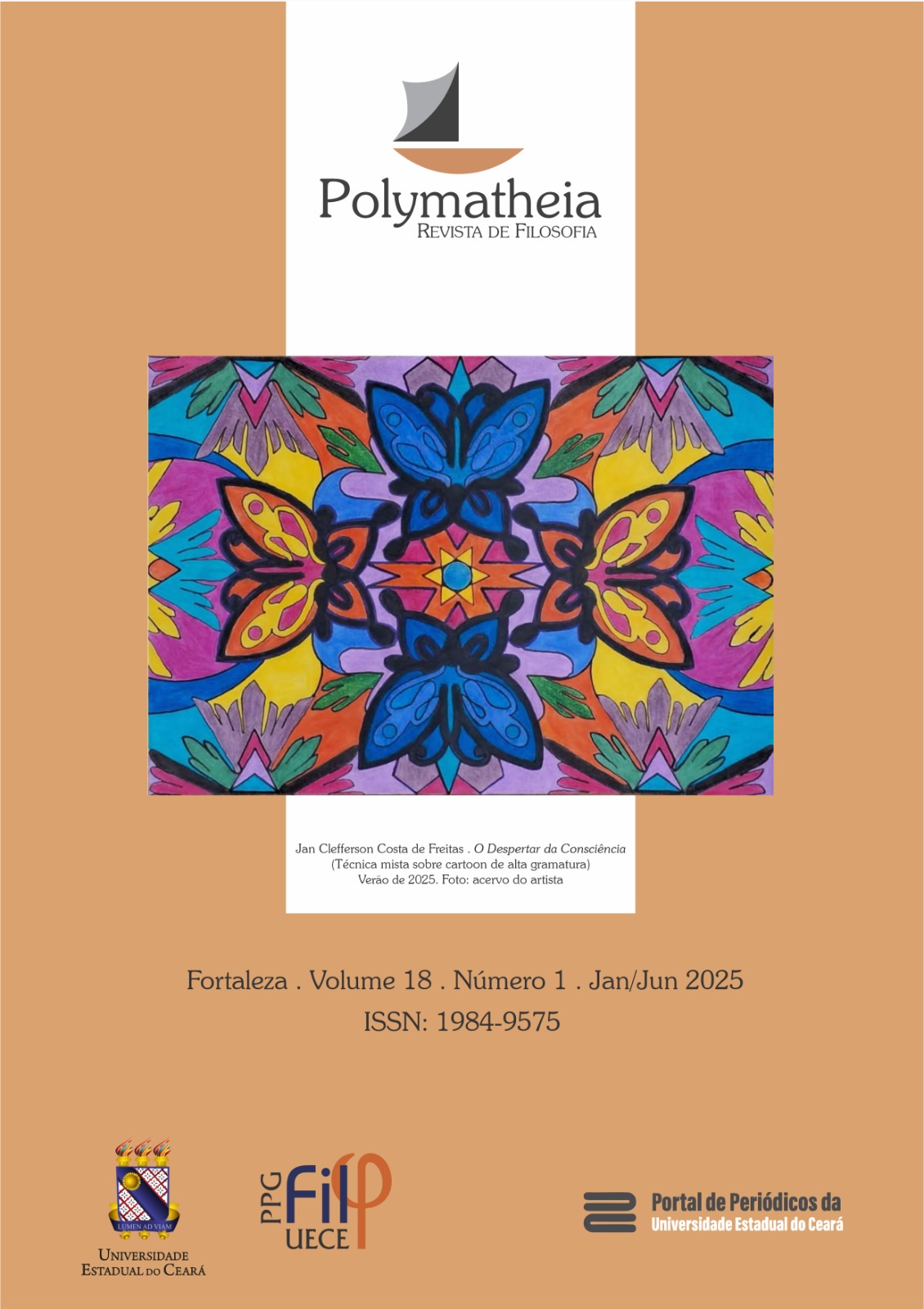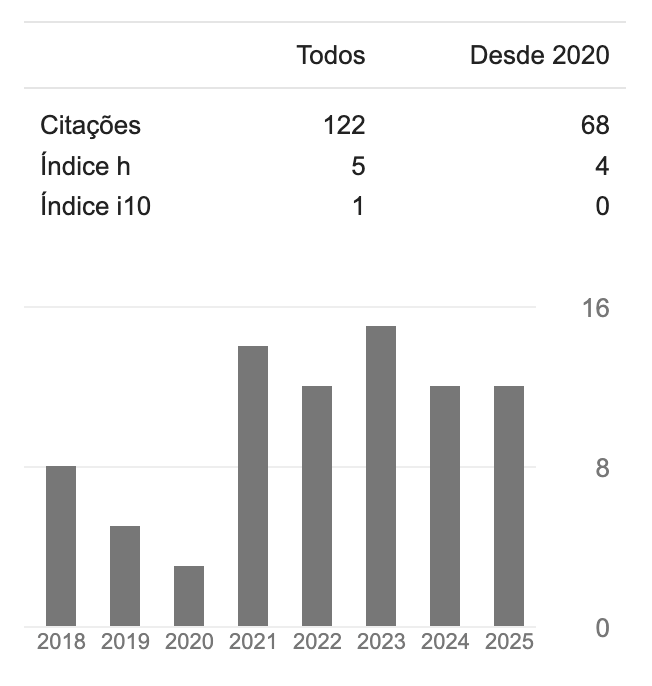Privação ou Liberdade ? Por uma crítica espinosista da “liberdade negativa”
DOI:
https://doi.org/10.52521/poly.v18i1.14174Resumo
Em resposta a Guilherme de Blyenbergh, Spinoza em sua carta de número 21 medita sobre o estatuto do mal e da privação em suas acepções teológicas e políticas. Como pode-se derivar da perfeição de Deus o erro e o pecado? Como analisar do ponto de vista jurídico e político a imperfeição humana e quais suas consequências para a relação entre o livre-arbítrio, a liberdade e a culpabilidade ? Nosso objetivo neste artigo é articular e levar até suas consequências de filosofia política as considerações de Spinoza, valendo-nos também da distinção que o filósofo anglo-russo Isaiah Berlin propôs entre liberdade negativa e liberdade positiva.
In his response to William of Blyenbergh, Spinoza in his letter number 21 meditates on the status of evil and deprivation in their theological and political meanings. How can error and sin be derived from God's perfection? How can human imperfection be analyzed from a juridical and political point of view and what are its consequences for the relationship between free will, freedom and guilt? Our aim in this article is to articulate Spinoza's considerations and take them to their consequences in political philosophy, using the distinction proposed by the Anglo-Russian philosopher Isaiah Berlin between negative and positive freedom.
Downloads
Downloads
Publicado
Como Citar
Edição
Seção
Licença
Copyright (c) 2025 Gabriel Marques

Este trabalho está licenciado sob uma licença Creative Commons Attribution 4.0 International License.











